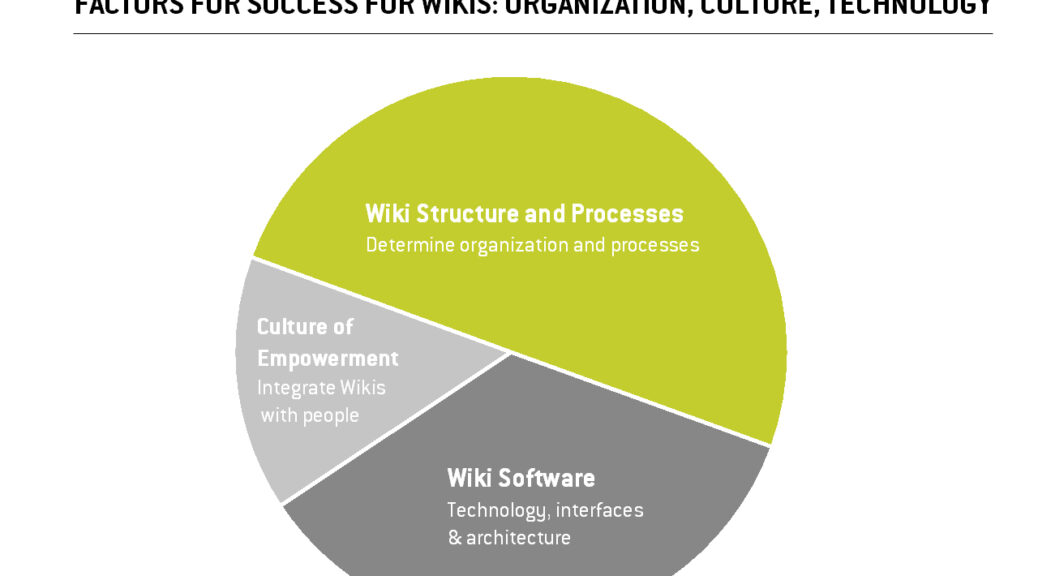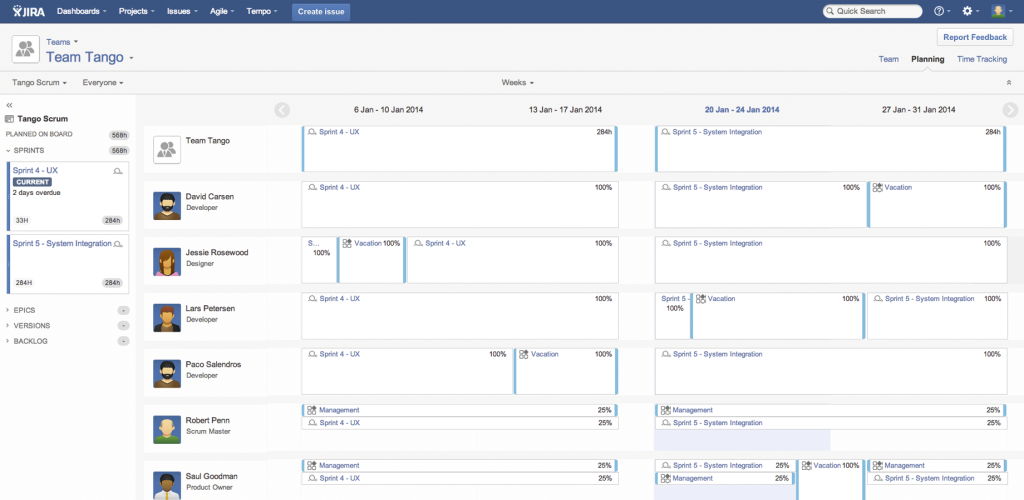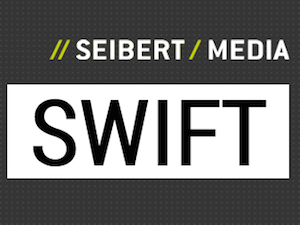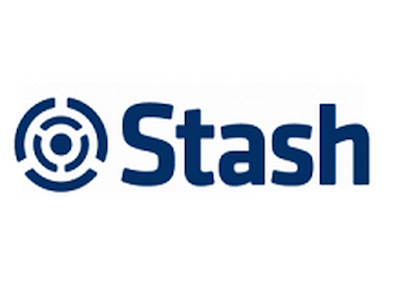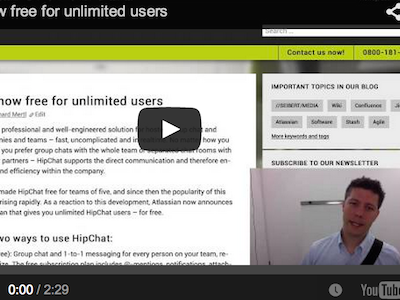The idea of a wiki gardener is outstanding. There is hardly a company that is not delighted by this principle. But only a few companys actually transform this concept systematically and successfully. In doing so, it is generally no drama to recruit a gardener internally, and entrust him regularly with appropriate work. All you have to know is what a so called wiki gnome does, and why and who fits to the job profile.
The Wiki Gardener: Tasks and Requirements

